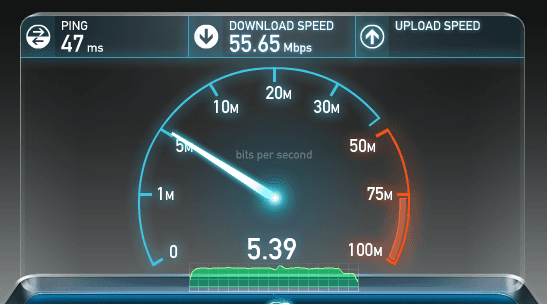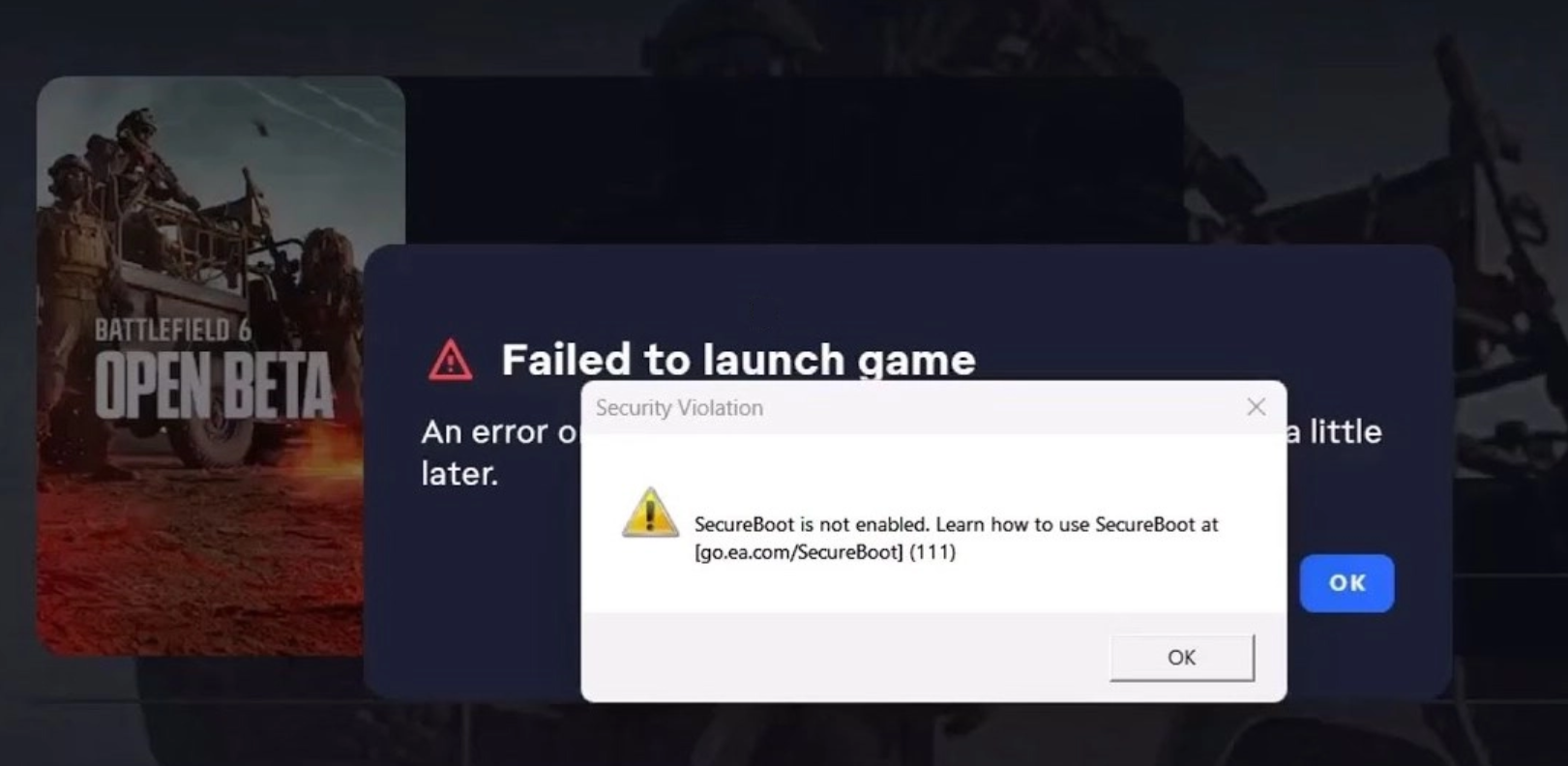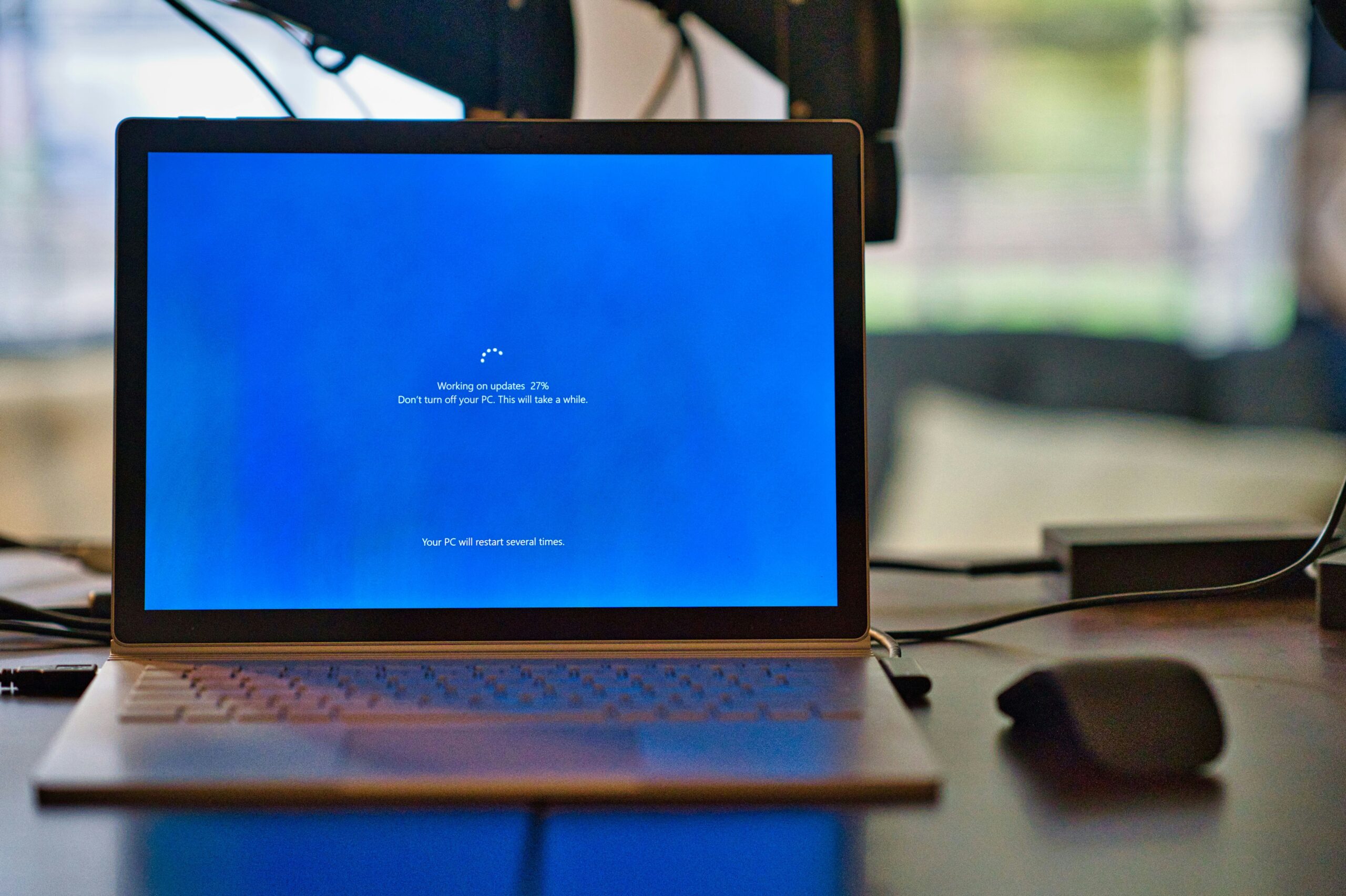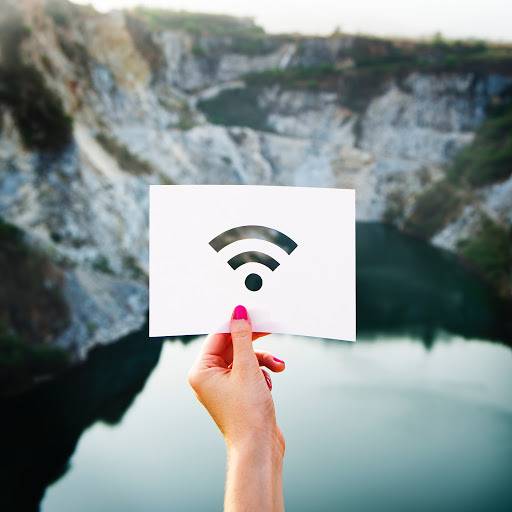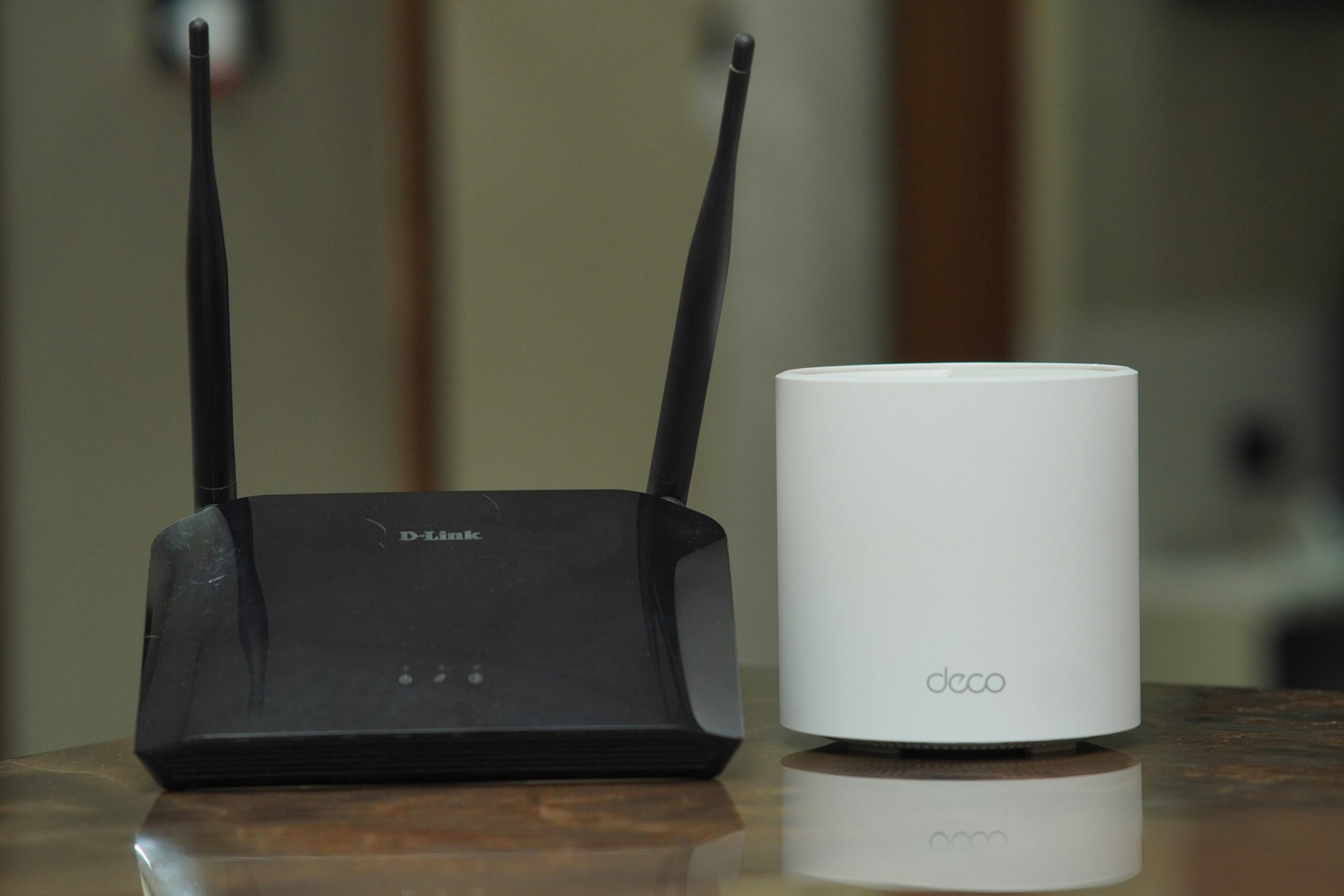On Thursday, February 26th, the Federal Communications Commission (FCC) voted 3-2 in favor of a proposal by FCC Chairman Tom Wheeler to reclassify broadband Internet as a telecommunications service, like landline telephone service. This ruling is part of an ongoing effort to uphold “Net Neutrality,” a term that has received much coverage in the press but yet remains widely misunderstood by consumers. Here’s what the FCC’s decision means to you.
Right now, when you purchase a high-speed Internet connection from an Internet Service Provider (ISP) like Comcast, AT&T or Verizon, all traffic is considered equal but some sites demand more broadband to function properly. For example, streaming a movie from Netflix requires a lot more space on the data “highway” than checking your email. ISPs say that this means that certain sites and users are slowing down the Internet for everyone else. In recent years, they’ve proposed throttling, or slowing, traffic to certain sites, or charging either the site or the user a higher fee for accessing the bandwidth “hogs.”
Net Neutrality is the principal that Internet Service Providers should give consumers access to all legal content and applications on an equal basis. Supporters, including the President, Google, Apple and just about everyone in the tech community, point out that giving ISPs the power to limit traffic to certain sites, or give preferential access to sites that pay higher rates, gives DSL, cable and fiber providers an unacceptable amount of influence over what users can do online.
Net neutrality supporters argue that without regulation, ISPs could steer users to those sites from which the ISP gains the most profit, namely the ISP’s affiliates, advertisers, and those sites that pay the ISP a surcharge for more reliable and faster service. Imagine, for example, that Comcast throttled (slowed) access to Netflix, a streaming media service that requires a relatively large amount of bandwidth to function properly. If users could no longer stream a movie without long load and “buffering” times, some people may be inclined to ditch Netflix in favor of purchasing a movie on Comcast on-demand.
Internet Service Providers have also floated the idea of creating a “fast lane” Internet – for those sites that demand a large amount of bandwidth and are willing to pay a surcharge to guarantee reliable access to their customers – and a “slow lane” Internet for everyone else. Net Neutrality supporters argue that this would give an unfair advantage to those established, larger companies that could afford to purchase access to the “fast lane,” while making it harder for new sites and startups to gain a foothold and market share against entrenched competitors.
Prior to Thursday’s vote, FCC chairman Tom Wheeler said, “The Internet is simply too important to allow broadband providers to be the ones making the rules.”
By classifying broadband Internet as a telecommunications service under Title II of the Communications Act, the FCC gains the ability to regulate it. The FCC began taking steps to establish Net Neutrality in late 2010, but it’s early steps were overruled in the D.C. Circuit Court of Appeals, which ruled that the FCC did not have the regulatory authority to impose restrictions on privately held ISPs.
Critics of the FCC’s latest ruling argue that the 1934 Communications Act is antiquated, and will impose unnecessarily stringent restrictions on ISPs to conform to the rules that govern the telecommunications industry. The FCC has promised that it would apply only a fraction of those rules: there were originally 48 sections in Title II and the FCC has removed 27 sections for the latest order, applying what it deems a “light touch” approach.
Supporters of Net Neutrality point out that without treating broadband as a public utility, the FCC had no authority to intervene on behalf of the public to protect free and unrestricted access to the Internet, a service that most Americans rely on even more than a landline telephone. Opponents argue that allowing the FCC to regulate ISPs will stifle innovation, as broadband providers won’t be monetarily motivated to invest in infrastructure to improve service, speed and access.
The proposal that was approved by the FCC on Thursday restricts ISPs from throttling speeds to specific sites, or engaging in paid prioritization (the Internet “fast lane” I mentioned earlier). It also ruled that states can’t prohibit local governments from building their own broadband networks. More than a dozen states have laws in place that restrict municipalities from “competing” with private ISPs in offering an alternative broadband Internet avenue to it’s citizens, and the FCC’s new rules override these state restrictions.
Where does Thursday’s ruling leave the American public? In the short term, nothing is likely to change. Most commentators agree that the large ISPs will sue the FCC to have the courts weigh in on the legality of the FCC’s re-classification of broadband Internet. The big ISPs may take the opportunity to hike rates, using the ruling as a handy excuse to charge more for the same service. You may see some new regulatory fees show up on your bill.
There’s no question that the public has been mobilized in the Net Neutrality debate. In advance of Thursday’s vote, the FCC received almost 4 million comments from the public on the issue of Net Neutrality, the majority of which were from citizens asking them to uphold Internet equality.
Support of the FCC’s proposal broke along party lines with Democratic committee members voting for and Republican committee members voting against Net Neutrality regulation. Republicans in Congress have vowed to enact federal restrictions limiting the FCC’s power to implement its rules. While the current President strongly supports Net Neutrality and would likely veto any such legislation, only time will tell if future changes in FCC and White House leadership will affect the FCC’s plans to uphold Net Neutrality.
Nerd Chick Adventures is written by Andrea Eldridge and Heather Neal from Nerds on Call, an onsite computer and laptop repair company in Redding.

About The Author: Andrea Eldridge is CEO and co-founder of Nerds On Call, a computer repair company that specializes in on-site and online service for homes and businesses. Andrea is the writer of a weekly column, Nerd Chick Adventures in The Record Searchlight. She prepares TV segments for and appears regularly on CBS, CW and FOX on shows such as Good Day Sacramento, More Good Day Portland, and CBS 13 News, offering viewers technology and lifestyle tips. See Andrea in action at callnerds.com/andrea/.

